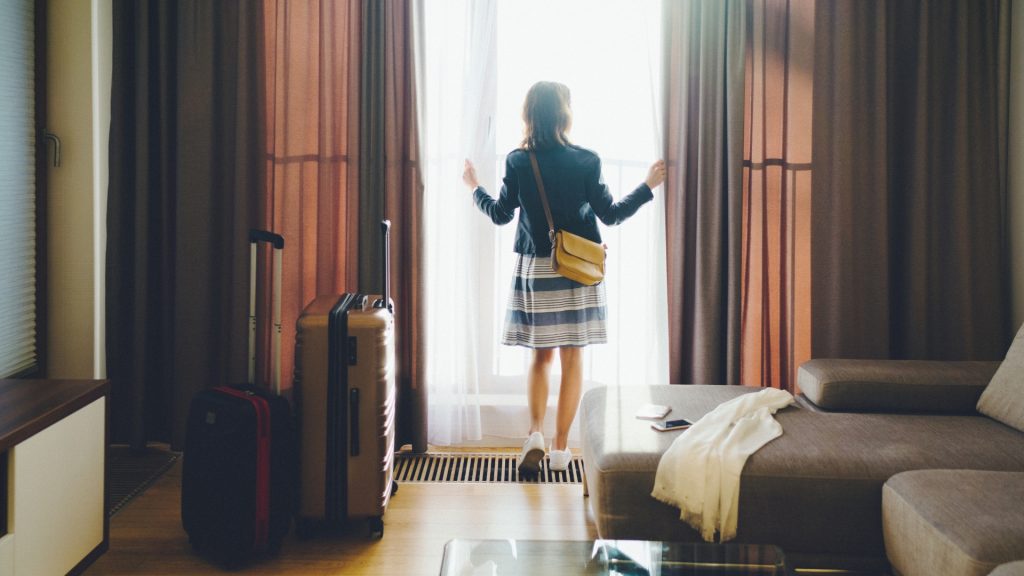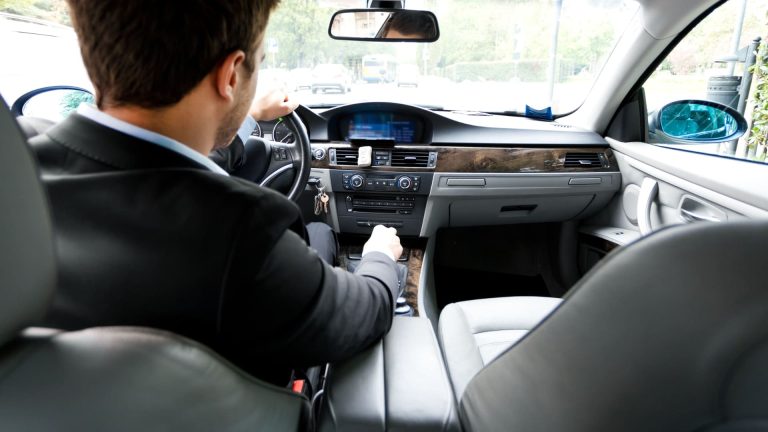The French Finance Act 2025 has changed the conditions under which lessors of furnished tourist accommodation (both professional and non-professional) are subject to VAT.
As a reminder, anyone, whether an individual or a legal entity, who rents out furnished accommodation (i.e. accommodation that includes a list of furnishings laid down by decree) to customers who are staying for a short period, without taking up residence there, is considered to be a lessor of furnished tourist accommodation. This activity must be declared to the local council and is subject to specific regulations, different from those applicable to long-term furnished lets.
As part of the process of aligning the tax regimes for bare-rental and furnished-rental property, and following a number of recent reforms (such as the reduction in the threshold for tax liability under the ‘régime réel’ and changes to the rules for calculating capital gains), the conditions for VAT liability have been modified. As a result of these adjustments, many lessors are now subject to this tax.
We invite you to find out more about these new provisions and their implications in our article below, written by Laurine GALULA, Senior Accountant / Expert-Comptable Diplômée, Real Estate & Foreign Investment Unit.
Reminder of the criteria for VAT liability
When it comes to furnished lettings, the applicable tax regime differs depending on the services provided. To be subject to VAT, your rental activity must meet all four of the following criteria:
- Furnished premises : the accommodation must be equipped for immediate occupation.
- Short-term accommodation must be offered for stays of 30 days or less.
- Provision of at least three of the following four para-hotel services :
- Breakfast
- Cleaning of the premises
- Supply of household linen
- Reception, even if not personalised, of customers
- Services provided under your own responsibility : you must provide these services in your own name. You do not lose this status if you use service providers or an intermediary acting in your name and on your behalf with regard to customers. On the other hand, if the intermediary responsible for managing the accommodation activity in fact assumes the operating risks or acts in his own name in relation to customers, he is then considered to be the accommodation provider (this is often the case, for example, with tourist residences).
If you meet these conditions, you will be subject to VAT at the rate of 10% (or even 5.5% in certain specific cases). However, if any of these criteria are not met, your business will remain exempt from VAT.
What’s new?
- Cleaning of premises and supply of household linen
A clarification has been made regarding cleaning and household linen services. From now on, for stays of less than a week (less than 6 nights), these services are considered to have been fulfilled if they are provided before the start of the stay. In other words, no cleaning or linen change during the stay is necessary to satisfy this requirement.
If you offer short stays, it will be easier for you to meet these criteria, and you will therefore be liable for VAT if the other conditions are met.
- Receiving customers and providing keys
The tax authorities have clarified the concept of ‘‘receiving customers’’. Simply making keys available via a secure box, without a reception alternative, does not constitute a reception, even if it is not personalised.
This means that if you only use a key box system without offering a physical reception or exchange via an electronic device (videophone, dedicated call, etc.), you do not meet this criterion and your activity will not be subject to VAT.
⚠ Please note : Some local authorities, such as Nice, strictly prohibit the use of key boxes on the public highway. So make sure you comply with the local regulations in force.
Conclusion
If your furnished lettings meet all four criteria, you will be liable for VAT. On the other hand, removing just one of these elements may allow you to remain exempt.
The new details on cleaning and household linen for short stays reinforce the application of the criteria, while the reception of customers is becoming more flexible by excluding the use of a simple key box.
These new rules will apply from 1 January 2025. In addition, a hirer may be partially liable for VAT if only part of the property meets the criteria.
What does this mean in practice ?
- Deduction of VAT on business purchases
As a VAT-registered lessor, you can deduct VAT on your business-related purchases, such as maintenance, equipment and management costs, as well as any VAT paid on the acquisition of the property (new or under special conditions and if you are liable for VAT from the time of acquisition).
- Reporting obligations
Depending on your turnover, you will have to file your VAT returns :
- Monthly if your turnover exceeds €254,000 and/or the annual VAT due exceeds €15,000
- Quarterly if the annual VAT due is less than €4,000
- Annually if your turnover is less than €254,000 and the VAT due is less than €15,000.
- VAT exemption
To qualify for the basic VAT exemption, the hirer must be in one of the following situations :
- Turnover for the previous calendar year (N-1) is less than or equal to €25,000 (threshold applicable from 1 June 2025, compared with €85,000 today).
- Turnover for the current calendar year (N) is less than or equal to €27,500 (threshold applicable on 1 June 2025, compared with €93,500 today).
This means that they cannot charge VAT on rents or reclaim it on purchases. However, if you exceed this threshold, you will have to pay VAT.
This article was written in April 2025, by Laurine GALULA, Senior Accountant / Expert-Comptable Diplômée, Real Estate & Foreign Investment Department

Laurine GALULA
Senior Accountant / Expert-Comptable Diplômée, Real Estate & Foreign Investment Department





